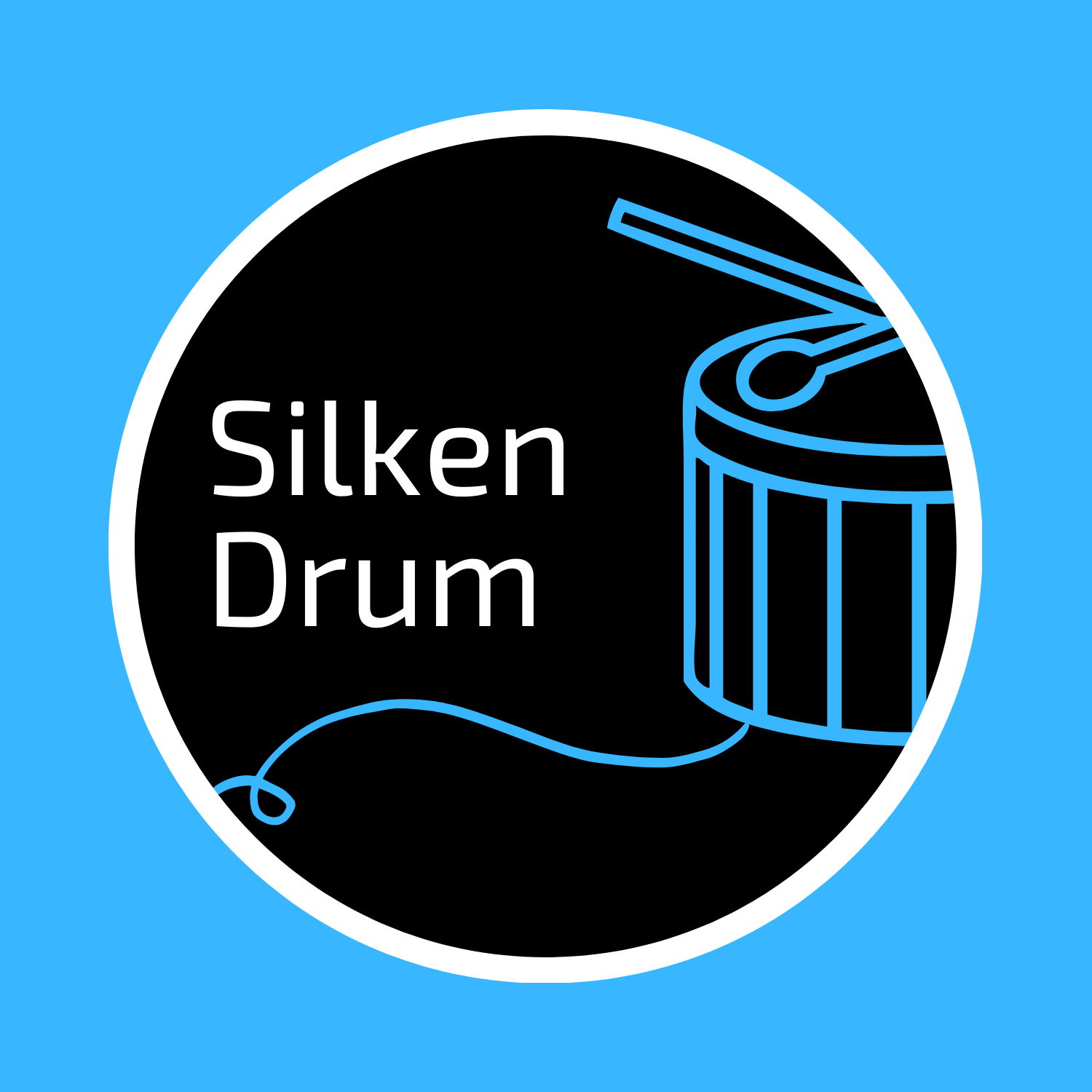Are you seeking the ideal writing community platform to elevate your writing career? Whether you’re a seasoned writer or just beginning, finding the right online space to connect, share, and grow can transform your creative journey. In this comprehensive guide, we’ll explore everything you need to know about writing communities, from discovering the best platforms to tips for building your own group. We’ll delve into the benefits of joining a writing community, review top platforms, and provide actionable steps to start your own. By the end of this article, you’ll have a clear roadmap to find or create a writing community that supports your growth and connects you with like-minded individuals who share your passion for writing. Let’s embark on this journey together and unlock the potential of a thriving writing community.

The Best Online Writing Community
Welcome to Silken Drum, your premier destination for connecting with like-minded writers and sharing your creative works. We pride ourselves on fostering a supportive and inclusive community where everyone can thrive.
Community Features
- Ample Opportunities for Submission: Share your poetry, short stories, essays, and more with our engaged audience.
- Interactive Feedback Loop: Receive constructive criticism and gain insights from fellow writers to refine your craft.
- Events and Contests: Participate in writing challenges, contests, and collaborative projects to enhance your skills and exposure.
- Exclusive Resources: Access guides, workshops, and tools tailored to help you improve your writing and stay inspired.
Why Choose Silken Drum?
Silken Drum stands out as a unique blend of community and resource hub. Our platform encourages creativity while providing the support needed to grow as a writer. Whether you’re seeking feedback, inspiration, or a platform to showcase your work, we offer it all.
Competitor Links
While we believe Silken Drum offers unparalleled benefits, we acknowledge other vibrant writing communities:
- Wattpad – Ideal for story enthusiasts and aspiring authors.
- Medium – A great platform for publishing articles and engaging with readers.
- Substack – Perfect for newsletter writers and content creators.
Join us today at Silken Drum and become part of a thriving writing community. Your words deserve to be heard!
Introduction
Welcome to Silken Drum, where writers like you can showcase your talents and earn rewards for your contributions. Whether you’re a seasoned writer or just starting out, this platform offers a supportive community and opportunities to grow your skills.
Platforms That Pay You to Write
There are several platforms available today that allow writers to earn money for their work. Here are some of the most popular ones:
- Textbroker : A leading platform where writers can earn based on the quality of their content. Articles are rated between 3 and 5 stars, allowing you to improve and earn more as you develop your skills.
- Content Creators Hub : Specializes in high-quality content creation, offering competitive rates and regular projects for writers who meet their standards.
- Write.as : Known for its focus on original and engaging content, this platform allows writers to earn through submissions and collaborations.
- Medium Partner Program : While not exclusively for writers, Medium provides an opportunity to monetize your articles through sponsorships and reader tips.
How to Get Started
Joining these platforms is straightforward:
- Create an account on the platform of your choice.
- Complete any required assessments or profiles.
- Start submitting your articles or pitches to begin earning.
Tips for Success
To maximize your earnings and growth on these platforms:
- Focus on high-quality, engaging content that resonates with readers.
- Research the platform’s preferences for topics and styles.
- Build a consistent presence and contribute regularly.
- Engage with the community to network and collaborate.
Conclusion
Silken Drum is committed to supporting writers and providing opportunities to share your work. Explore these platforms, find the one that fits your style, and start earning while doing something you love.

The Best Platform for Writers
-
Silken Drum
Silken Drum is an online platform dedicated to celebrating and supporting creative writers, poets, and literary enthusiasts. The site provides a space for individuals to share their work, explore reflective and imaginative content, and engage in community-driven discussions. Through blog posts that feature poetry, short stories, essays, and thoughtful reflections, Silken Drum fosters a nurturing environment where creativity and expression are at the forefront, inspiring readers and writers alike to appreciate the power of the written word. Visit Silken Drum
-
Medium
Medium is a popular platform for writers to publish articles, stories, and ideas. It offers a large audience and a user-friendly interface for sharing content. Writers can earn revenue through tips and sponsorships, making it a great option for those looking to monetize their work. Visit Medium
-
Substack
Substack is another excellent platform for writers, particularly those focused on newsletters and subscription-based content. It allows creators to build a loyal audience and monetize their work effectively. The platform is known for its strong community and supportive ecosystem. Visit Substack
-
WordPress
WordPress is a versatile content management system that many writers use to create blogs and websites. It offers customization options, plugins for managing content, and the ability to self-host your work. WordPress is ideal for those who want full control over their digital presence. Visit WordPress
-
LinkedIn Articles
LinkedIn Articles is a platform where professionals, including writers, can share insights and thought leadership. It’s a great way to reach a professional audience and network with other writers and industry experts. Visit LinkedIn
-
YouTube
For video content creators, YouTube is a powerful platform. Writers can create video content, tutorials, or vlogs to share their expertise and engage with audiences in a visual medium. Monetization opportunities are available through ads and sponsorships. Visit YouTube
-
Patreon
Patreon is a platform that allows writers and creators to build a sustainable income through memberships. It’s perfect for those who have a dedicated fanbase or want to establish a recurring revenue stream from their work. Visit Patreon
-
Ko-fi
Ko-fi is another great platform for writers seeking financial support from their fans. It’s similar to Patreon but focuses more on one-time donations, making it a flexible option for creators. Visit Ko-fi
-
Ghost
Ghost is an open-source blogging platform that emphasizes simplicity and ease of use. It’s a good choice for writers who want to focus on creating content without worrying about technical limitations. Visit Ghost

How to Create a Community Writing
To establish a thriving community of writers, follow these organized steps tailored for fostering creativity and collaboration:
- Define Your Purpose : Clearly articulate the goals of your writing community. Whether it’s for personal expression, professional development, or cultural enrichment, having a defined mission helps guide your efforts.
- Select the Right Platform : Choose a suitable platform or tool that aligns with your community’s needs. Consider options like online forums, social media groups, or dedicated writing websites like Silken Drum .
- Host Regular Events : Organize events such as writing workshops, poetry readings, or writing contests to engage members and promote interaction. These events can be virtual or in-person, depending on your community’s preferences.
- Recruit Members Thoughtfully : Attract diverse individuals who share a passion for writing. Encourage members to bring unique perspectives and experiences to enrich the community.
- Encourage Active Engagement : Implement activities like writing exercises, peer review sessions, or collaborative writing projects. This fosters a culture of mutual support and learning.
- Build a Feedback Loop : Establish mechanisms for members to provide constructive feedback and suggest improvements. This ensures the community evolves based on member needs.
- Promote the Community : Utilize marketing strategies to increase visibility. Share stories and successes through newsletters, social media, or blog posts featuring member works.
- Measure Success : Track metrics such as participation rates, content creation volume, and member satisfaction to evaluate the community’s impact.
- Sustain Growth : Develop a sustainable strategy involving volunteers or partnerships with local organizations to ensure long-term growth and continuity.
By following these steps, you can cultivate a vibrant community of writers that thrives on creativity, collaboration, and mutual support. Explore more resources on Silken Drum to discover tools and inspiration for your writing community.
How to Start Your Own Writing Group
To begin your own writing group, follow these organized steps:
- Define Your Purpose : Clearly outline the goals of your writing group. Decide whether it will focus on poetry, fiction, essays, or another genre. This clarity will attract like-minded individuals.
- Find Potential Members : Utilize online platforms such as Reddit, Facebook groups, and forums to connect with writers. Engage with local communities through meetups or workshops and consider reaching out to friends who share your passion for writing.
- Organize Meetings : Schedule regular virtual meetings using platforms like Zoom or Skype. Send invitations via email or social media to notify participants.
- Create a Welcoming Environment : Establish group guidelines for respectful communication. Encourage members to introduce themselves and participate in activities like shared writing prompts or exercises.
- Manage the Group : Assign roles such as moderator or secretary to maintain organization. Implement a feedback system for constructive criticism and share resources like writing tools or recommended reading lists.
- Promote the Group : Update your website or social media with event details and member作品. Consider designing a unique logo or group name and collaborate with local bookstores or libraries to increase visibility.
- Evaluate and Improve : Regularly gather feedback from members to assess the group’s effectiveness. Stay flexible and open to changes to keep the group dynamic and engaging.
- Sustain Growth : Balance recruitment with maintaining the group’s quality. Monitor engagement levels and address any issues promptly to foster a positive environment.
By following these steps, you can establish a thriving writing group that supports creativity and mutual growth among its members.

The Four Stages of the Writing Process
The writing process is a crucial skill for anyone looking to express their ideas effectively. It involves several stages, each building upon the previous one to ensure the final product is polished and impactful. Here’s a breakdown of the four primary stages:
Prewriting
Prewriting is the initial phase where you gather your thoughts and plan out your content. This stage involves brainstorming, researching, and organizing your ideas. Key aspects include:
- Brainstorming: Generating a variety of ideas to explore.
- Research: Gathering information from books, articles, or interviews.
- Outlining: Creating a structure or blueprint for your piece.
Drafting
Once you’ve planned your content, it’s time to put your ideas into words. The drafting stage is where you write your first version of the piece. This phase can be challenging, but it’s essential to:
- Start a rough draft without worrying about perfection.
- Express your ideas clearly and concisely.
- Overcome writer’s block by setting small goals.
Revising
After drafting, revising allows you to refine your work. This stage focuses on improving clarity, grammar, and style. Key steps include:
- Reading your draft carefully and noting errors.
- Seeking feedback from others to gain new perspectives.
- Making revisions based on constructive criticism.
Editing
Editing is the final phase where you polish your work to meet high standards. This stage involves:
- Checking for grammatical errors and typos.
- Ensuring your writing is clear and engaging.
- Formatting your work according to guidelines.
By mastering these stages, you can create professional-quality content that resonates with your audience. Remember, writing is a process, and each stage contributes to the final outcome. Keep experimenting, learning, and growing to become a better writer every day.




0 Comments